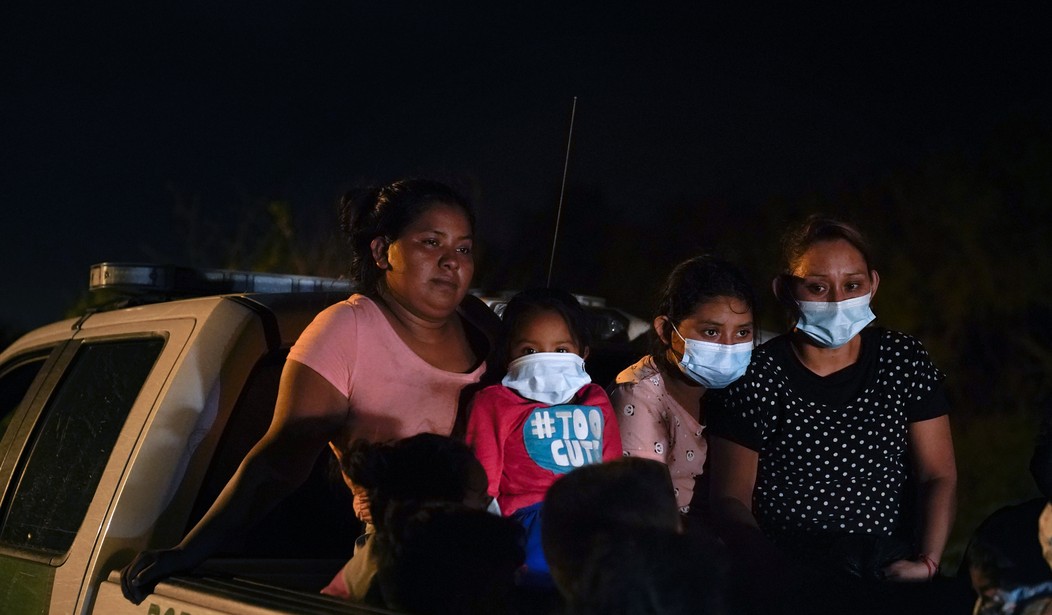A situation is developing in Honduras that will have ramifications for U.S. investment in Central and South America. If the United States does not take a hard stand in an effort by the Honduran government to expropriate U.S. property and investment, free trade agreements will be dead letters of law and China will be emboldened to encroach even more in our hemisphere.
The left wing administration of President Xiomara Castro seems to be defying bipartisan warnings by Sens. Ben Cardin (D-MD) and Bill Hagerty (R-TN) of the Senate Foreign Relations Committee that the Honduran government must respect treaty-backed guarantees of 50 years of legal stability for U.S. investment in “Zones of Economic Development and Employment” or “ZEDEs.” These are innovative free market zones that give administrators autonomy, while complying with Honduran law, that act as a subdivision that can adopt their own taxation and legal systems. The protections were put into the Honduran constitution years ago and a new administration wants to break that legal promise to American investors.
The Honduran ruling Libre Party is hostile to these free-market zones because they identify with the ideology of the socialist governments in Venezuela and Cuba. President Castro and an official she has designated to nationalize the property of these zones, Commissioner Fernando Garcia, are intent on completing the repeal of a constitutional amendment that protects these zones that contain approximately $100 million in U.S. investment.
In December, U.S. investors with Honduras Próspera filed a $10 billion lawsuit against the government of Honduras under the Dominican Republic – Central America – United States Free Trade Agreement (CAFTA-DR). The fear is that the Honduran Congress will convene the 2023 session and immediately pass a repeal of the constitutional provision as soon as January 25th. This process was started last year with an initial vote to repeal, but a second vote is necessary. Tough talk towards Honduran moderates who oppose repeal may coerce opposition members into ratifying this constitutional amendment that purports to extinguish the legal existence of the zones and perfect the expropriation of U.S. ZEDE investments. What would follow is a use of force by the government to seize these assets.
Recommended
If allowed to stand with no opposition from the U.S. government, the Castro Administration will be rewarded for stealing U.S. investors property, while extinguishing an engine of economic output for Honduras, while opening the door for China’s. In September, President Castro gave an anti-American speech before the U.N with rhetoric that harkens back to the era of Che Guevara when Cuban communism was in its infancy. During the 2021 campaign for President, Castro’s husband and leader of the Libre Party, Manuel Zelaya, promised closer ties to China and they are now working towards keeping that promise. The Honduran government is anti-free market, yet that does not give them license to violate trade agreements and steal the fruits of a free market zone of entrepreneurship.
Increasingly, the expropriation gambit against the ZEDEs in general, and Próspera in particular, fits neatly into a systematic effort to diminish U.S. hard and soft influence in favor of China. By threatening Próspera and other ZEDEs, Honduras is kicking sand into the world’s most innovative regulatory and tax policy innovation sandbox. More than 120 registered businesses owned by investors from the U.S., Honduras, and all over the world are now threatened with dissolution. More than an estimated 600 residents from the U.S., Honduras and all over the world are threatened with ejection. Thousands of good-paying Honduran jobs are set to evaporate, increasing migration pressures to new levels.
The businesses threatened with wipe-out by the Government of Honduras include the advanced drone transportation service furnished by Aerialoop, light manufacturing using advanced robotics to build Zaha Hadid-designed homes, the health care services from innovators like Minicircle and GARM, as well as numerous regional and international FinTech businesses that are banking the unbanked in the region; not to mention numerous construction companies building several 15 story towers for mixed use by local and international entrepreneurs, and a planned $600 million port on the mainland. In other words, if allowed to happen, this act will freeze U.S. investment in the region.
The Castro administration simply doesn’t want Próspera—or any other U.S. investment—to demonstrate the power of genuine U.S.-style free markets under the rule of law to uplift ordinary people. It doesn’t want to let private investors to bring Houston to Honduras. It just doesn’t want for-profit private investment to deliver Singapore and Dubai levels of prosperity to Honduras in as little as one generation.
The bottom line is that this is not a Republican versus Democrat issue; it is the free world versus oppressive anti-free market regimes. The Biden Administration and Congress should get that and act soon to stop American investors from being harmed and helping China to get a further foothold in Central America.
Brian Darling is former Counsel for Sen. Rand Paul (R-KY).

























Join the conversation as a VIP Member